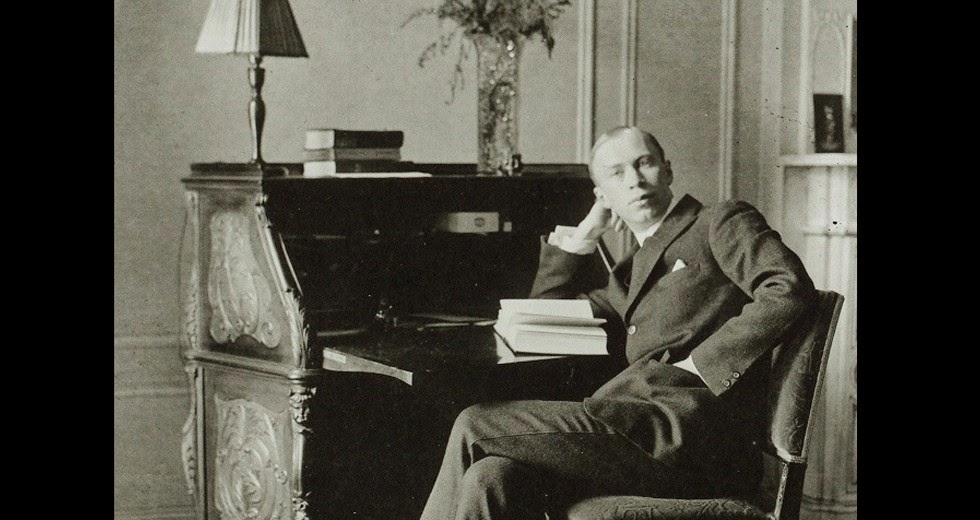In classical music we refer to Beethoven’s Nine Symphonies, or
Schumann or Brahms’ Four, or the Nine of Bruckner or Mahler. To a lesser extent, the Seven of Sibelius
are invoked, or the Fifteen of Shostakovich, the Three of Rachmaninov, or the
Nine of Dvorak (though almost no one plays the first four). Then there are composers who despite writing
a good deal of symphonies, never composed a true “cycle” in the Romantic
sense. For many critics, a composer’s
symphonies need to have some kind of consistency or development which makes
them all of a piece, each one building on the other or reaching to some
immeasurable height. Beethoven’s Nine
are all great statements, even the early, Mozartian ones; this is certainly
true of Bruckner’s massive essays in symphonic form, as each one attempts to
take up the struggle where Beethoven’s Ninth left off. So what do we do with
someone like Prokofiev, who wrote seven magnificent, eccentric, erratic works
which often defy categorization and are almost never played (and rarely
recorded as a set). Can we approach his
symphonies are a cycle, though his approach to symphonic writing was haphazard
and often blatantly theatrical (as several works borrow from his stage
music)? Or even more to the point, does
a cycle have to consist of equally popular and lasting works, or can some have
almost no identity outside of the cycle itself? Here’s a quick look at Prokofiev’s seven—er, seven and a
half—symphonies and why they should be considered as a cycle in their own
right, as well as magnificent compositions individually.
Showing posts with label prokofiev. Show all posts
Showing posts with label prokofiev. Show all posts
Sunday, November 30, 2014
Sunday, August 3, 2014
“Classical” Film Scores: Inspiring the “Wild and Wanton Herd"
In Act V of The Merchant of Venice, the two lovers Lorenzo and
Jessica are listening to music on a moonlit night. Though Jessica is uneasy about the music—and possibly Lorenzo’s
faithfulness—Lorenzo proclaims the power of love through music:
For do but note a wild and wanton herd
Or race of youthful and unhandled colts
Fetching mad bounds, bellowing, and neighing loud,
Which is the hot condition of their blood;
If they but hear perchance a trumpet sound,
Or any air of music touch their ears,
You shall perceive them make a mutual stand,
Their savage eyes turned to a modest gaze
By the sweet power of music...The man that has no music in himself,
Nor is not moved with concord of sweet sounds,
Is fit for treasons, strategems, and spoils...Let no such man be
trusted (V.1.).
In Hollywood, it’s generally assumed that there are few such men—or
women—in the audience. Indeed, the
“wild and wanton herd” is always ready to be manipulated by the blood and guts
power of music, which is arguably the key component to movie magic. To test this, mute a particularly
action-packed or emotional scene and compare it to the original. More than the dialogue is missing: a crucial
element of the atmosphere dissipates, leaving a kind of shadow play on screen,
recognizable only to those who have seen the original. Oftentimes scores can be needlessly
obtrusive or sentimental, and for this reason can get in the way of the story
and the actors. At their best, however,
music accentuates the drama and makes us feel things ‘between the lines’ of a
film which no amount of acting or dialogue can possibly create. Bette Davis famously complained that Erich
Korngold’s surging, Romantic scores all too often upstaged her, which can be
well imagined when listening to the soundtrack to Elizabeth and Essex or
Captain Blood. So what is the
proper role of a movie soundtrack: background support or lead actor in its own
right?
Subscribe to:
Posts (Atom)

